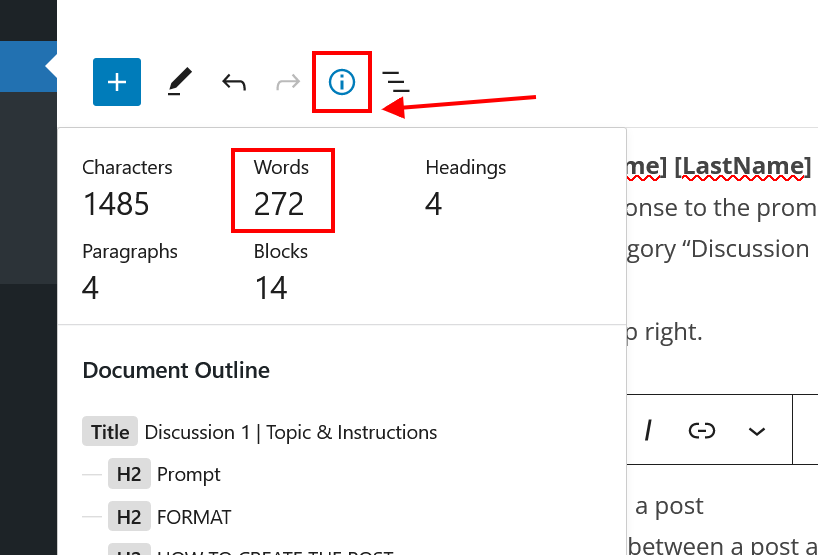In this week’s reading by Williams and Garza expanded my knowledge on identity politics because it gave me a different view of what it means to some but what it looks like. To Garza it looked like the blonde girl complaining about how everyone should be united instead of divided but does not knowledge that history of oppression not only to Black people but Black women’s most of all cannot be forgotten. Garza begins with his statement by stating that power is what drives “identity politics” and examine how the blonde women is the best example of how power works, when you have it you tend to not acknowledge those that do not. In this week’s read “The power of identity politics” the examination of what “identity politics” continue and even provide the same quote I was having difficulty with last week with the Combahee River collective, “The personal is politics.” That phares was used for the women’s movement and even with Garza explaining that in the case of Black women they had to put away their own wants of free for the sake of unity. Just like the blonde girl wants unity instead of acknowledging, she expects everyone white or black to put aside their thoughts and opinions just because she does not like how blacks divide themselves from others. This Is just a way of how he showed that this problem still occurs to Black people. In Williams “Too Latina to Be Black, Too Black to Be Latina” I learned that many would try to mold you into what they think you should be based of your features, complexion, even language but knowing every aspect of your identity is what should matter to you. Her story expanded my knowledge because I did not think that it was possible for something like that to happen. I guess since I have been living in New York my whole life and everyone here is diverse and does not follow the whole sticking to a kind of group based on your appearance thing I never really was brought to my attention how different other places are.
I have seen someone on the discussion board mention wanting to learn about capitalism more in depth, and I think that would be something I would like to read about more. This is because I mostly struggle with the subject of capitalism and how it could affect those who have less.

